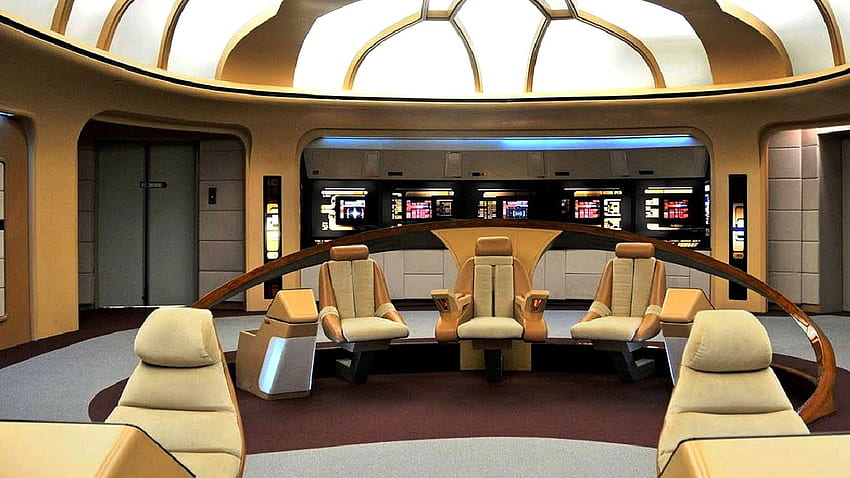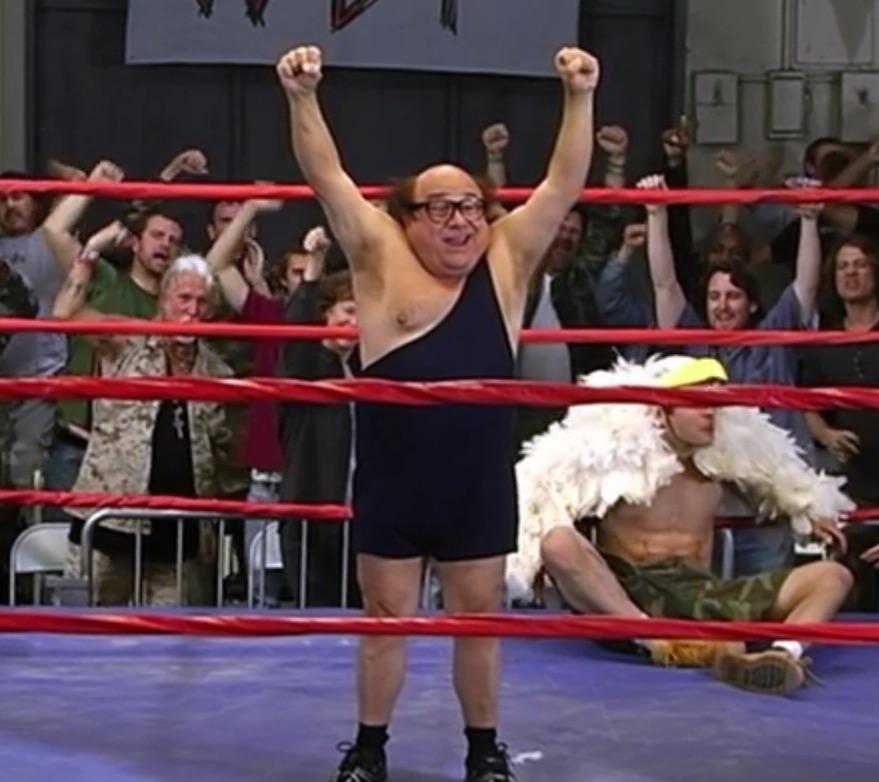The Picard Maneuver
Also The_Picard_Maneuver@lemmy.world
- 1.1K Posts
- 1.36K Comments

 344·7 months ago
344·7 months ago

 3·1 year ago
3·1 year agoGood bot!

 8·1 year ago
8·1 year agoUsually, but I love the optimistic fanfare of the TNG intro, and it has a habit of drawing me in.

 21·1 year ago
21·1 year agoAh, damn. Thanks for the heads up. I’ll delete.

 98·1 year ago
98·1 year agoYes, it’s very respectful.
Yep, according to wikipedia.
The first ergonomic gaming chairs were produced by DXRacer around 2006, a company that was originally known for producing high-end seats for luxury cars. However, the company began to experience difficulties with Chrysler discontinuing multiple lines of cars, leading to DXRacer repurposing their stockpile of bucket seats into standalone chairs, marketed towards gamers.[5] In 2008, more companies began to produce gaming chairs.[1]

 32·2 years ago
32·2 years agoThis is a quality shower thought.
Same. I can’t tell a huge difference between 1080p and 4k, if I’m being honest.
Yes, this one was tragic.

 14·2 years ago
14·2 years agoThe latter
 31·2 years ago
31·2 years ago

 16·2 years ago
16·2 years agoThis is why I love TNG so much. Even though TOS is the original that laid the groundwork for everything, TNG took that “boundless optimism” and ran with it. Watching TNG inspires me to continue to self-improve and encourage it in others.
Every night. It can’t be helped.

 2·2 years ago
2·2 years agoYeah, there’s a singular implied “universal morality” throughout Star Trek of accepting diversity and learning to not impose on other civilizations or each other on the basis of one’s biological differences or culture, even for Klingons! I’d say the rest is hard to define and subjective, as @ValueSubtracted@startrek.website said above, but post-scarcity and free agency in life to follow your passions has to be pretty close!

 2·2 years ago
2·2 years agoThat’s a good point. I think this contrast between individual (often flawed) human judgment vs collectivist ideals has always been a theme. In TOS, you see Kirk calming McCoy’s knee-jerk reactions almost every episode. In TNG, it was Yar or Worf. In DS9, probably Kira.
Even then, I would say the collectivist ideals (i.e. Starfleet regulations) were more often portrayed as overly-cumbersome in implementation, which leads to someone like Kirk violating the rules in place of the ideals that they stand for. For example, how many naïve (but well-meaning) diplomats do we see in TOS or TNG? However, rules being restrictive or imperfect in an effort to support larger agreed-upon morals can still be trusted, compared to corrupt power structures, which cannot.

 3·2 years ago
3·2 years agoAh damn, sorry about the paywall. It let me hit “continue reading” on mobile, but I know sometimes these types of sites can be inconsistent.

 8·2 years ago
8·2 years agoIt’s just another tired bit about how following orders and perfect institutions are what Star Trek is really about, to hell with any evidence to the contrary.
I’d argue that the theme is less about following orders and more We are all individually flawed and are at our best when we follow our shared values - which is represented by both Starfleet and the utopian setting as a whole.
I can see the argument (for fiction and real life), that as we trust institutions less, our focus becomes more on individual judgement rather than collectivist ideas. It also tracks for me that as this occurs in real life, our media would reflect individualism more and more.

 18·2 years ago
18·2 years agoI’ve admittedly still only watched up through the 90s, but I’d definitely say that DS9 depicted a significantly more “morally gray” version of Starfleet than TOS or TNG.
I think the point the author is making is that the extent to which this idea gets explored is reflective of our society’s growing mistrust of institutions IRL, rather than suggesting the theme has never been explored.
Perfection, haha






